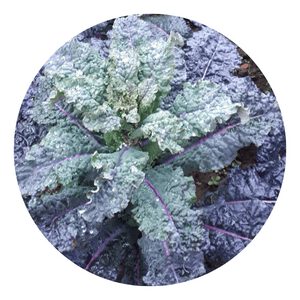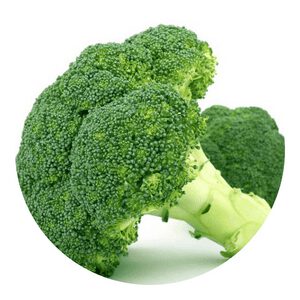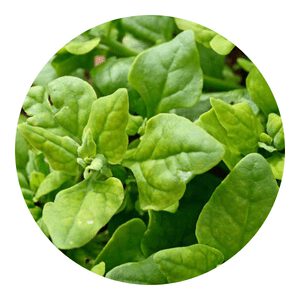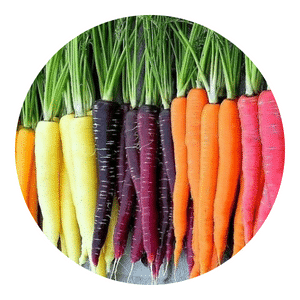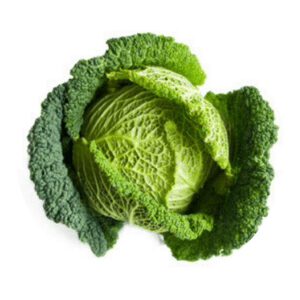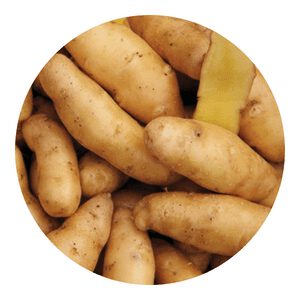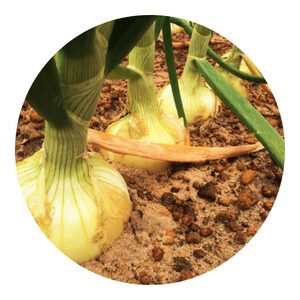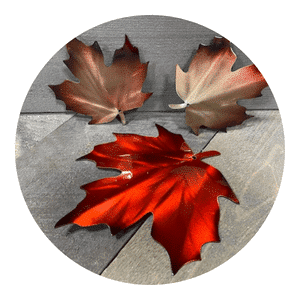Top 5 Vegetables That Can Be Planted During Winter
The winter season can be a great opportunity for gardeners to experiment with growing vegetables that are hardy enough to withstand colder temperatures.
There are a variety of vegetables that can be planted during the winter and some will even thrive in the chillier weather.
In this article, we’ll take a look at the top five vegetables that can be planted during winter so you can get started on your gardening journey!

Winter can be an intimidating time for gardeners who lack the knowledge of what vegetables will thrive during colder months.
But with a little research and some creativity, you can find some delicious winter vegetables that will not only survive in cold temperatures but also provide a nutritious meal.
The key to successful winter gardening is selecting vegetables that are hardy and have a short growing season.
Root vegetables such as carrots, potatoes, turnips and parsnips are the most popular choice for winter vegetable gardens because they do well when planted in cold weather.
Leafy greens like kale, spinach and Swiss chard are also excellent choices that can easily be grown indoors or outdoors depending on your climate.
Other tasty options include broccoli, Brussels sprouts, cabbage and cauliflower which require protection from frost but can be harvested within weeks of planting if conditions remain favorable.
Kale
Kale is an incredibly versatile and nutritious vegetable that can be planted during winter.
It’s one of the most popular greens in the recent years, and with good reason.
This cool-season crop is known for its high levels of minerals, vitamins, fiber, and antioxidants.
Kale has a mild flavor that lends itself to many dishes and can be used in salads or cooked down like spinach.
Its hearty leaves are ideal for surviving cool temperatures without any risk of frost damage.
In addition to this, kale grows quickly; it takes only 45-60 days before you’re able to harvest your first crop!
Kale is literally packed with nutrition; this dark green leafy veggie contains more calcium than milk and more iron than beef!
Planting kale in winter helps ensure you have a steady supply of this nutrient-rich food on hand all year round.
Broccoli
Are you looking to plant vegetables during winter?
Broccoli is a great option that can be planted in the colder months of the year.
It is an excellent source of nutrients, such as vitamins A, K and C, calcium and iron, making it a nutritious addition to a healthy diet.
Planting broccoli during winter also has its benefits: it can be harvested for multiple seasons without needing to replant and has fewer pest problems than other vegetables.
To get started with planting your own crop of broccoli this winter season, purchase seeds from your local garden center or online retailer.
Plant them two weeks before the last frost date in your area and make sure to provide plenty of water so that they can thrive in colder temperatures.
Once established, broccoli will continue to produce heads until early spring when temperatures start warming up again.
Mustard Greens
Mustard greens are an excellent addition to the garden in winter.
Not only are they easy to grow, but they also thrive during cooler temperatures and can be harvested multiple times throughout the season.
With some basic gardening knowledge, anyone can successfully cultivate a crop of these tasty leaves.
Mustard greens belong to the same family as cabbage and kale, but have a unique flavor that is unmistakable and delicious.
Whether eaten raw or cooked, their peppery taste makes them a favorite among both adults and children alike.
They are high in vitamins A, C, E and K as well as dietary fiber which makes them an ideal choice for those looking for a nutrient-rich vegetable option during the cold months.
Spinach
Spinach is a vegetable that can be planted during the winter season and provides many nutritional benefits.
The dark green leafy vegetable is an excellent source of vitamins A, C, and K as well as minerals such as zinc and iron.
Spinach is also full of dietary fiber which aids in digestion and helps you feel fuller for longer.
Winter planting of spinach can be accomplished by either direct seed or transplanting starts from a local garden center.
When planting directly into the soil it’s important to remember to water regularly; however make sure not to overwater, as this will cause the leaves to become limp or even rot away.
When transplants are used make sure they are spaced evenly apart so that there is plenty of room for growth when harvesting time arrives.
Carrots
Carrots are an incredibly versatile vegetable that can be planted during winter.
Carrots are a root crop, meaning they grow in the soil under the ground and are harvested by pulling them out of the ground by their tops.
They require cooler temperatures to thrive, making them ideal for planting in winter when temperatures have dropped.
When it comes to flavor, carrots have a mild sweetness to them that makes them perfect for adding to salads or soups, as well as being eaten raw or cooked into other dishes.
What’s more, carrots are packed with essential vitamins and minerals including vitamin A and beta-carotene which helps keep your eyes healthy and boosts your immune system.
Carrots also contain fiber which aids in digestion by helping food move through your digestive tract more easily. They’re also low-calorie so you don’t need to worry about overdoing it with this veggie!
In conclusion,growing vegetables during winter can be a great way to enjoy fresh produce and save money.
It is important to research hardy vegetables that are suitable for your climate and soil type, select the right varieties for your area, and take advantage of any extended growing season your region may have.
You should also make plans for sheltering any plants from frost and giving them extra protection from the elements if necessary.
Click To Grow
Helps Us Grow – Share If You Like





